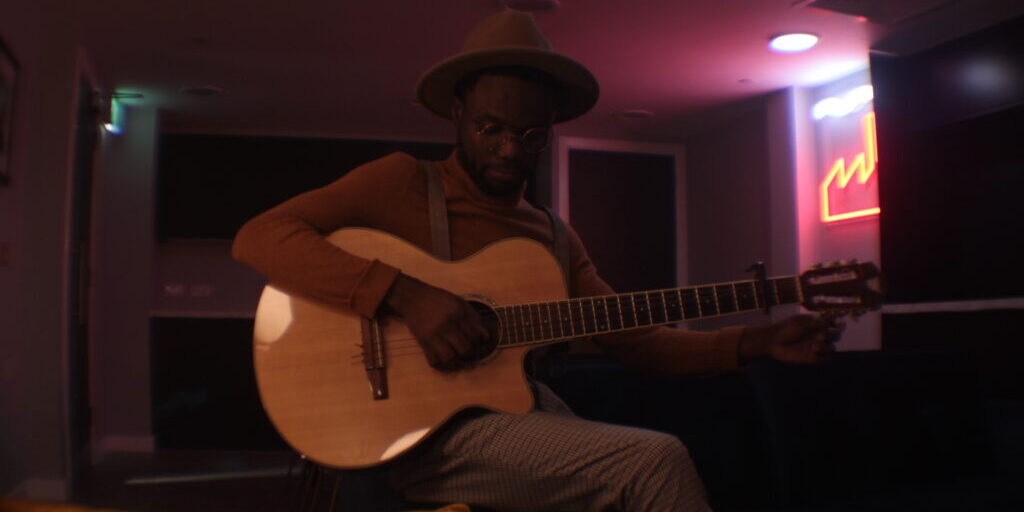
A few years ago I read a book that upended everything I thought I knew about time management and productivity. The book is Four Thousand Weeks by Oliver Burkeman. The gist of the book is in the title. The human life expectancy sits somewhere around 80 years, and if you do make it to that ripe old age, then you'll have lived something like four thousand weeks. The book subtitle – time management for mortals – is even more revealing. On the surface, it might read as yet another book about productivity, but it goes so much deeper than that, because inherent in Burkeman’s thesis, and embedded at the end of the subtitle, is an acknowledgement of our finitude as a species. In other words, Burkeman states an obvious but often dismissed truth, that we are all mortals, and like it or not, we'll all die someday. It follows from this sobering, if a bit morbid truth, that we don't have all the time in the world, and if we don't have all the time in the world, it begs the question, what's the best way to spend the finite, limited time we do have?
In this post, I'll aim to answer this question (as well as the question I left dangling at the end of last week’s post) with one statement. Incidentally, the statement is one that I’ve also adapted from Burkeman’s writing, and it’s this:
“Treat your to-read pile like a river…” – Oliver Burkeman
Burkeman gives this advice in the context of managing any list of activities including (but not limited to) books to read, and tasks to check off a to-do list. While the former may be a source of pleasure and a common pastime, the latter is more often than not the source of much dread and anguish the world over. This goes beyond our attitudes towards to-do lists and extends to our creative exploits. In today’s fast-paced world, where we have all the information we could ever want and need at our fingertips, it's so easy to be inundated with all the ideas, tasks and activities we wish to accomplish, complete, and partake in. It’s no wonder that many of us parrot and paraphrase the quote often attributed to 20th-century American journalist John Gunther:
“I have so much to do! And there’s so little time!” – John Gunther
Gunther died in 1970, but the echoes of this sentiment about the mismatch between the things one must do and the time available to do them can be heard the world over to this day. The irony of the situation is that to address this mismatch, we often seek out ways to do more in less time. We find ways to be more efficient, we adopt techniques and create gizmos and craft tools to enable us to get more done for less. But, as I argued in last week's post, this is all an exercise in futility. What then, is the solution, I hear you ask? Well, I'll refer you back to Burkeman’s quote above, and I’ll adapt it to suggest that we should treat our seemingly endless list of creative activities as a flowing river, instead of some sort of finite container like a bucket, tank, or barrel, as we tend to do.
The thing about a river is that it'll always flow past you. There's no stopping it, no containing it, and no subduing it; water will always find its way. This, by itself, is obvious, which is why nobody tries to drink a whole river or draw all the water from it. But when you think about a finite vessel like a bucket or a tank, the reasoning changes, because then it becomes possible to empty the vessel. You could, in theory, use your cupped hands to drink from a bucket over and over again, and you’ll see the water level fall until there’s no water left in the bucket. You could also do this with a tank, drum, barrel, or even a swimming pool, because these are finite vessels. In each case, it’ll take significantly more time and effort to empty, compared to a bucket, but it is doable.
This is often how we think of our to-do lists and creative exploits. Each task we feel the need to accomplish is akin to using our cupped hands to draw from some sort of finite water-holding vessel, and we do this repeatedly in the hopes that we’ll eventually get to the bottom of the vessel and there’ll be no more water to draw. Except, there’ll always be water in the vessel because it gets replenished faster than we can draw from it. We may see the water levels drop for a moment, and this might fill us with hope and drive to keep going, but it is ultimately a losing battle because the vessel will never be empty. To make matters worse, the seemingly finite nature of the vessel lulls us into thinking that if we keep at it, if we keep drawing water over and over, we just might get to the bottom. But if this water vessel is analogous to the list of creative activities and tasks we feel the need to accomplish, then the vessel is finite in name only, because there’s a pipeline that replenishes it from below (and sometimes above), so that it never goes dry.
This is all to say that repeatedly drawing from a bucket, tank, barrel, or pool that is constantly being refilled, in the hopes of cracking the bottom, is a losing battle. A more sustainable approach is to acknowledge the infinite nature of the contents of the vessel, for instance by seeing it as an ever-flowing river rather than a static pool of water, coupled with the acknowledgement of our finitude as beings with limited time on this earth. Once we wrap our heads around the juxtaposition of our mortality against the endless stream of potential activities we can undertake in one lifetime, there’s little choice but to acknowledge that the most sustainable way, perhaps the only way to deal with this incompatibility, is to approach productivity like a person standing on a riverbank, cupping water when required, as opposed to a person poised to drain a barrel one cupped handful at a time.

P.S.: My debut non-fiction book, Art Is The Way, and my middle-grade novella, A Hollade Christmas, are out everywhere now. You can get them in all good bookstores and from all major online vendors.